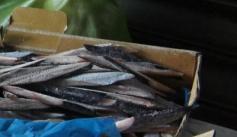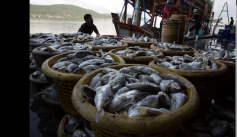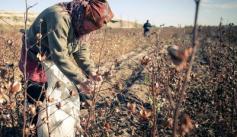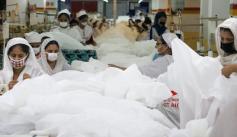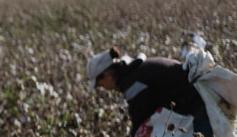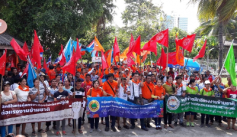Main menu
- About
- Our Work
- Accountable Development Finance: Hospitality
- C190 in Action: Addressing Gender-Based Violence and Harassment in the World of Work
- Chocolate Without Child Labor
- Ending Forced Labor in Cotton
- Fair Contracts for Tobacco Farmers
- Fair Labor in Palm Oil
- Fyffes
- Justice for Garment Workers
- Legal Aid in China
- SweatFree Communities
- U.S. Labor Education in the Americas Project
- Women's Rights at Work
- Workers' Rights in Seafood
- Issues
- Strategies
- News
